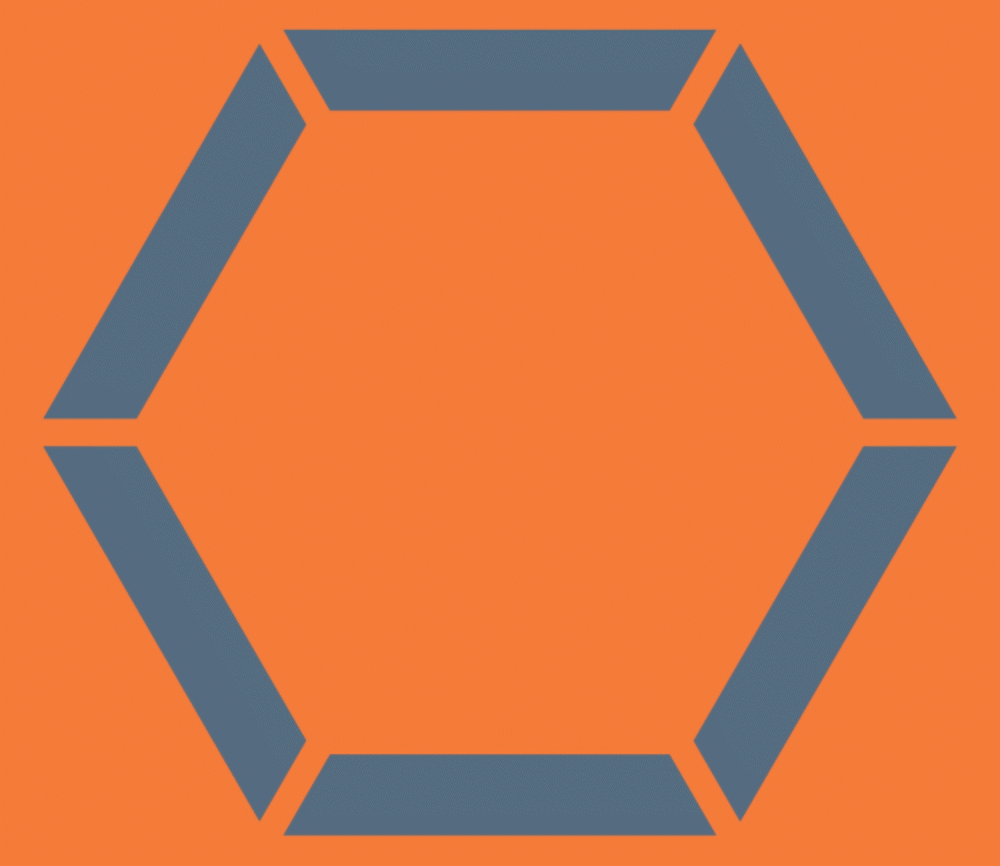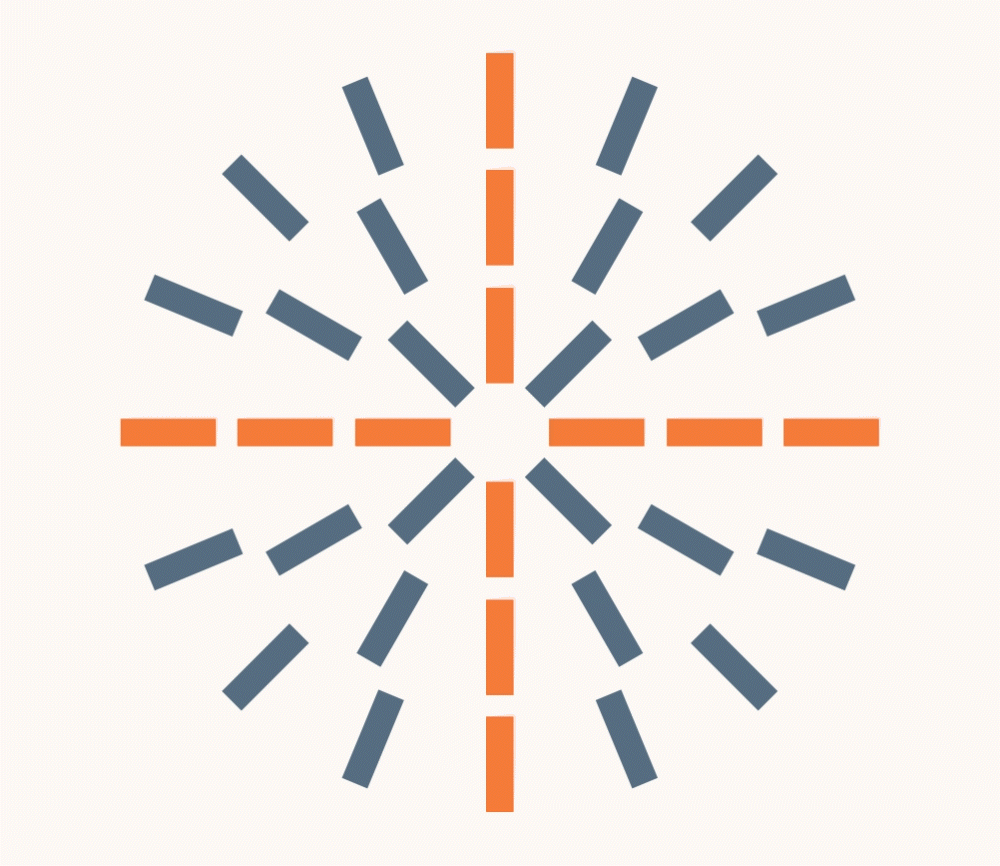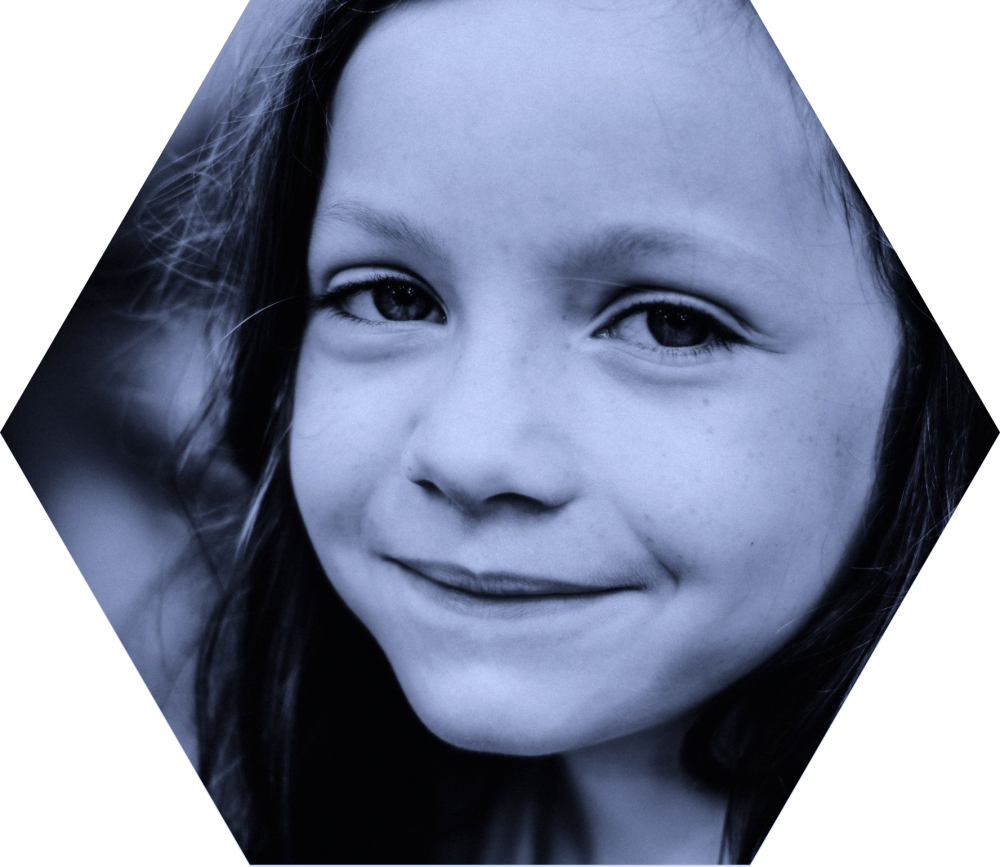About
“As a young person, it can be hard to know when you need support for your emotional wellbeing – and it can be hard for those around you to spot it, too.”
It can be difficult for young people to get the support they need, partly because it’s hard to know whether the way they are feeling is just a phase, or if it’s something that requires professional support.
Some young people experiencing mental health issues can be completely overlooked. This can severely affect their mental and physical health in later life, causing problems with their education, family, and friendships. If problems are identified, and if they appear serious enough to seek help, a shortage of staff and resources can make accessing that support difficult. Child and Adolescent Mental Health Services (CAMHS) often don’t get involved until a problem is serious by which time things may have become much worse, or it may be too late.
Timely aims to help to solve these problems by creating a digital, personalised, preventative pathway for children’s mental health services.
The purpose of the project is to improve childhood mental health services by using available, routinely collected data from several sources to develop a range of digital and AI-powered tools. These tools will help professionals to identify young people who could be at risk of, or are already facing, mental health problems and signpost them to the help they need. The tools will also help speed up identification of young people likely to suffer adverse side effects or those who are relapsing.

The tools we develop must be fair and responsible, including reducing health inequalities.

Machine learning is a way to look across data from diverse sources to try and spot patterns that may indicate a young person is struggling with their mental health.

Signposting to the most appropriate services based on need will help streamline CAMHS services.
The tools we develop must be fair and responsible, including reducing health inequalities.
Machine learning is a way to look across data from diverse sources to try and spot patterns that may indicate a young person is struggling with their mental health.
Signposting to the most appropriate services based on need will help streamline CAMHS services.
Frequently Asked Questions
Young people might be wary of accessing mental health support because of perceived stigma. Others could find it hard to access help – especially if they are from a minority group or dealing with financial hardship. We hope to make access to mental health support fairer and more efficient for everyone.
We’ll be using AI to analyse patient data, find patterns, and join the dots to spot signs of mental health conditions earlier. To do this, we’ll be linking up with a data resource called CADRE (Children & Adolescents Data Resource).
Have more questions? Visit our FAQ page